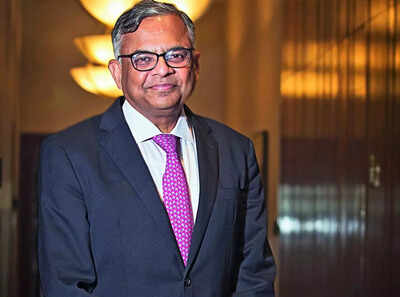Tata Sons Chairman N Chandrasekaran has emphasised that the current challenges in global trade are not primarily due to tariffs but stem from the disruption of a decades-old globalisation model. Speaking at an event in Mumbai, Chandrasekaran highlighted the complexities of reversing integrated supply chains and the broader implications for global trade dynamics.
Chandrasekaran explained globalization model under strain
Chandrasekaran noted that globalization has long relied on producing goods where it is most efficient and selling them where demand exists. However, recent geopolitical tensions and policy shifts have disrupted this model, creating challenges in sourcing talent, raw materials, and maintaining interconnected supply chains. “Supply chains are integrated, and things cannot change overnight,” he remarked.
Tariffs likely to persist: N Chandrasekaran
While acknowledging that some US tariffs are likely to remain, Chandrasekaran stated, “I personally believe it [tariffs] is not going to go back to zero because once something is announced, some part of it will stay.” He added that the resolution of these issues might vary, either through uniform global agreements or bilateral negotiations.
Tata group’s expansion plans
Chandrasekaran also shared updates on the Tata Group’s expansion plans, revealing that the company is building seven new factories in sectors such as electric vehicles, batteries, and semiconductors. These facilities, set to open by 2027, are expected to create employment for 500,000 people, underscoring the group’s commitment to innovation and growth.




















